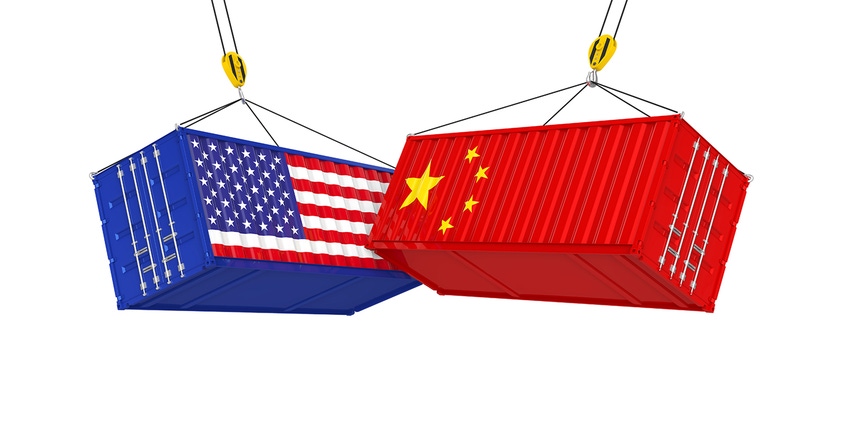New tariffs proposed on many Chinese herb, supplement ingredients
Public comment is being accepted regarding tariffs on flax, hemp seed, ginseng, mushrooms, fish oils, minerals and more.
July 17, 2018

The U.S. Trade Representative (USTR) is proposing an additional 10 percent ad valorem duty on numerous Chinese imports that have an annual trade value of approximately $200 billion.
The American Herbal Products Association is contacting it members to find out if and how the proposed tariffs would affect them.
Based on initial replies, it appears that numerous imported ingredients may be classified in the Harmonized Tariff Schedule of the United States (HTSUS) subheadings identified in USTR’s proposed modification,” AHPA president Michael McGuffin said. “We will continue to evaluate the potential impact of this new round of tariffs on U.S.-based dietary supplement marketers and seek member and industry input as we prepare comments to USTR in this matter.”
AHPA members are encouraged to review the HTSUS subheadings listed in USTR’s proposed modification and check with their import brokers to understand the potential impact of this newly proposed action.
The Chinese products that would be subjected to this proposed tariff includes many herbal and plant-derived substances, as well as a number of other ingredients found in dietary supplements. Possibly relevant HTSUS subheadings include, among others:
0712.31: Dried mushrooms
0712.90: Dried vegetables [various, including garlic, fennel, parsley, and “Dried vegetables nesoi, and mixtures of dried vegetables, whole, cut, sliced, broken or in powder, but not further prepared”]
0814.00: Citrus peel
1204.00.00: Flaxseed (linseed)
1207.99.03: Other oil seeds and oleaginous fruits whether or not broken, incl niger seeds, hemp seeds and seeds nesoi
1211.20.10: Ginseng roots, fresh or dried, whether or not cut, crushed or powdered
1211.90.20: Mint leaves, crude or not manufactured, of a kind used in perfumery, in pharmacy or for insecticidal, fungicidal or similar purposes
1211.90.92: Plants, parts of plants (including seeds and fruits), used in perfumery, pharmacy, insecticidal, fungicidal or similar purposes, other, fresh or dried
1212.21.00: Seaweeds and other algae, fresh, chilled, frozen or dried, whether or not ground, fit for human consumption
1504.10-20: Fish oils and their fractions
2805.12.00: Calcium [Note: Various calcium salts are listed separately, including carbonate, “natural” phosphates, etc., or assumed addressed in certain “salts and esters” listings]
2918.15.50: Salts and esters of citric acid
2918.16.50: Salts and esters of gluconic acid
3104.20.00: Potassium chloride [Note: Other potassium salts are listed separately or assumed addressed in certain “salts and esters” listings]
This proposal modifies the Trade Representative’s initial 25 percent tariff imposed on July 6 that have an annual trade value of $34 billion. The representative also is considering a 25 percent tariff on a separate list of Chinese products that has an annual trade value of about $16 billion.
USTR’s newest proposed modification follows China’s response to the initial U.S. action, in which it imposed its own increased duties on goods of the United States. The Milwaukee Journal Sentinel has reported that Wisconsin ginseng farmers are already feeling the effects of China’s 15 percent tariff on U.S. ginseng.
Regarding the newly proposed duties, USTR is seeking public comment through Aug. 17. The office will hold a public hearing on August 20-23.
Source: American Herbal Products Association
You May Also Like


